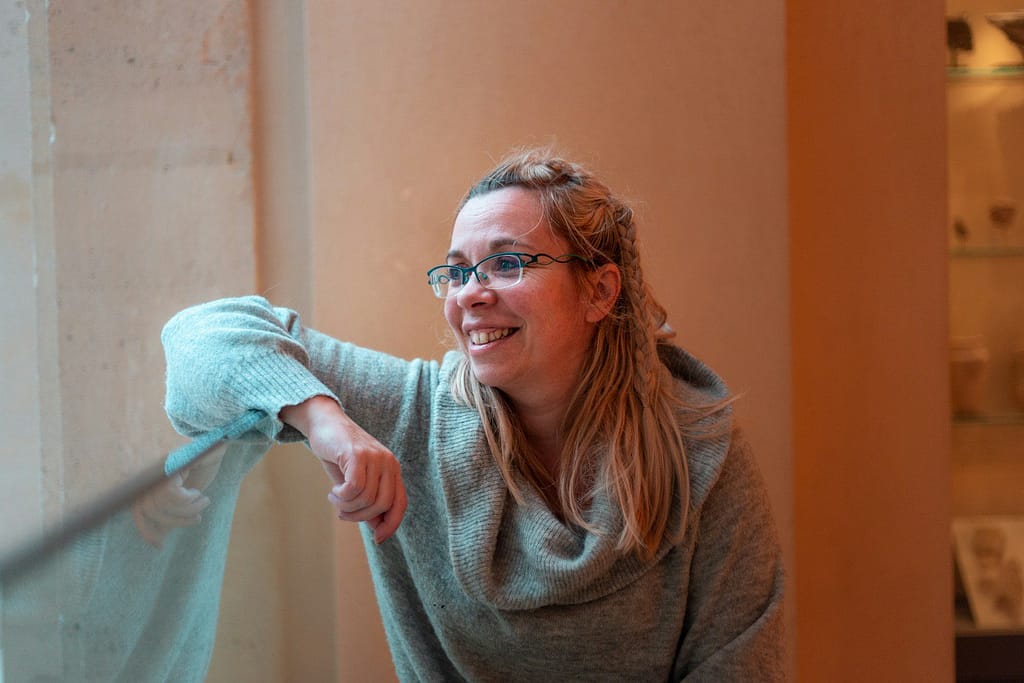You’re exhausted, but can’t sleep.
You feel behind even when you’re doing everything.
You’ve always been “high-functioning,” but something still doesn’t feel right.
If this hits close to home — keep reading.
This might not be anxiety. Or depression. Or “just stress.”
This could be ADHD in women.
And the wildest part? Most doctors still miss it.
Why ADHD in Women Gets Missed So Often
Let’s start here: ADHD in women is underdiagnosed, under-researched, and underestimated.
Not because it’s rare — but because it shows up differently.
Much of what we know about ADHD came from watching hyperactive boys in school. Girls and women were mostly left out of the narrative.
Here’s why female ADHD often slips through the cracks:
-
Women learn to mask early. You over-achieve, people-please, or micromanage to hide the overwhelm.
-
Symptoms are internalised. You’re not bouncing off the walls. You’re panicking quietly and staying up all night replaying a mistake.
-
The world rewards your struggle. You hit deadlines. Keep things organised. But behind the scenes? You’re burning out just trying to stay afloat.
This isn’t a character flaw. This is what ADHD in women actually looks like.
Subtle Signs of ADHD in Women Most Doctors Overlook
If your idea of ADHD is “can’t sit still, talks too much, bad grades,” — that’s outdated.
Female ADHD doesn’t always shout — sometimes it whispers.
Here’s how it really shows up in neurodivergent women:
1. You’re constantly overwhelmed
Even basic stuff like emails or laundry feels like a mountain.
You plan it out in your head a dozen times… and still can’t start.
That’s not laziness — it’s executive dysfunction.
2. You start everything and finish nothing
Half-finished content. Ten open tabs. An idea you were obsessed with last week? Gone today.
You’re either in hyperfocus or stuck in a fog.
This is classic inattentive ADHD in women — rarely flagged, often misunderstood.
3. You feel everything, deeply
One email ruins your day.
Someone’s tone sends you into overthinking.
You cry over things that shouldn’t hit so hard.
This is emotional dysregulation — a core but overlooked ADHD symptom, especially for women.
4. You crave structure, but hate being boxed in
Rigid routines? Exhausting.
Total freedom? Paralysing.
You swing between the two, burning out either way.
That’s why women with ADHD need flexible systems — built for real life, not Pinterest perfection.
(We design these inside The ADHD Business Compass™, our signature 12-week experience for neurodiverse business owners.)
The Cost of Missing ADHD in Women
When ADHD in women isn’t recognised, it doesn’t disappear — it morphs into something harder.
Here’s what that can look like:
✦ Burnout masking as ambition
You over-deliver to stay ahead of failure.
Eventually, you collapse.
Everyone’s surprised — but you’ve been running on fumes for years.
High-functioning women with ADHD are often the ones most at risk.
✦ Misdiagnosis after misdiagnosis
You get told it’s anxiety, depression, stress.
You try the meds. Do the mindfulness. Nothing sticks.
That’s because undiagnosed ADHD often wears other masks.
Especially in adult women who’ve learned to camouflage.
✦ Constant imposter syndrome
You doubt yourself every day — even when you’re succeeding.
You think you’re the only one struggling this hard.
You’re not.
This is how female ADHD undermines even the most capable women.
The ADHD Community Is Speaking Up
Women are finally breaking the silence — and the shame.
From Reddit’s r/ADHDwomen threads to TikTok’s raw confessions, the message is clear:
“I thought I was broken.”
“Everything felt harder than it should.”
“I had no idea this was ADHD.”
If you’re seeing yourself in those stories — that’s not a coincidence.
It’s clarity. And it’s where real change begins.
Why Most Systems Fail Neurodivergent Women
Let’s get into it.
It’s not just about personal habits.
The systems around you — school, work, healthcare — weren’t designed with ADHD in women in mind.
Schools reward compliance, not cognition
If you were “the quiet one,” the teacher’s pet, the dreamer — no one thought to check for ADHD.
But school tests executive function — and for many neurodivergent girls, that’s where the cracks start.
Healthcare still misses the signs
You walk in saying, “I can’t focus. I feel burnt out. Everything feels like too much.”
You get told it’s hormones. Stress. Maybe anxiety.
But not ADHD in women — because most clinicians still look for the wrong signs.
Unless you’re disruptive or failing, you often go undiagnosed.
Diagnosis helps, but it’s not everything
Having the words helps.
But you don’t have to wait for a diagnosis to take action.
At PhilanthroPeak Coaching, we see this every day:
Once women understand how ADHD works in their brain, they stop blaming themselves — and start building systems that work.
What to Do If This Is Hitting Hard
If this article feels like a mirror, don’t ignore it.
Start small. Get curious. Build from there.
Here’s how:
✅ 1. Learn how ADHD in women actually works
Follow educators and voices who get it:
-
Jessica McCabe – How to ADHD on YouTube
-
Sari Solden – Author of Women with Attention Deficit Disorder
-
René Brooks – Black Girl, Lost Keys
-
Dr. Ned Hallowell – ADHD advocate and author
They speak from lived experience — not outdated checklists.
✅ 2. Audit where things fall apart
Start noticing:
-
What tasks you constantly avoid
-
What drains your energy
-
What systems aren’t supporting your brain
This isn’t about forcing discipline.
It’s about designing alignment.
✅ 3. Build systems that flex, not fight
This is what we help ADHD-led business owners do inside
👉 The ADHD Business Compass™
We focus on:
-
ADHD productivity & focus systems
-
Automation for low-focus days
-
Task clarity + sustainable action
-
Revenue systems that don’t cause burnout
No rigid routines. No neurotypical pressure.
Just real support built for ADHD in women.
✅ 4. Find ADHD-aligned community
You don’t need to do this alone.
Look into:
-
r/ADHDwomen on Reddit
-
Local ADHD meetups
-
Coaching spaces that actually understand neurodivergence
Community is how we unlearn the shame — and move forward faster.
FAQs: ADHD in Women (Real Talk)
Q: Can I have ADHD if I’m productive or “successful”?
Yes. Many women with ADHD are high achievers — and still struggle behind the scenes.
Q: I’m not hyperactive — can it still be ADHD?
Absolutely. Inattentive ADHD is more common in women. It’s often quiet, internal, and dismissed.
Q: Isn’t ADHD just a TikTok trend now?
Nope. Awareness is growing online — but the science backs it. It’s just finally reaching women who were missed before.
Q: Do I need a diagnosis to get support?
Not at all. Diagnosis helps, but you can start building systems now — especially if you know what’s not working.
Here’s the Truth
If this article felt like it was written for you — it was.
Because this is what ADHD in women actually looks like.
And the moment you name it? Everything shifts.
At PhilanthroPeak Coaching, we work with ADHD-led entrepreneurs, creatives, and business owners to create structure, clarity, and income systems that support your wiring — not suppress it.
If you’re done with the chaos and ready to lead with strategy that sticks…
👉 Join The ADHD Business Compass™ — your flexible roadmap for clarity, consistency, and calm growth.
Your brain isn’t the problem.
The system just wasn’t built for it.
Now it is.



Comments are closed.